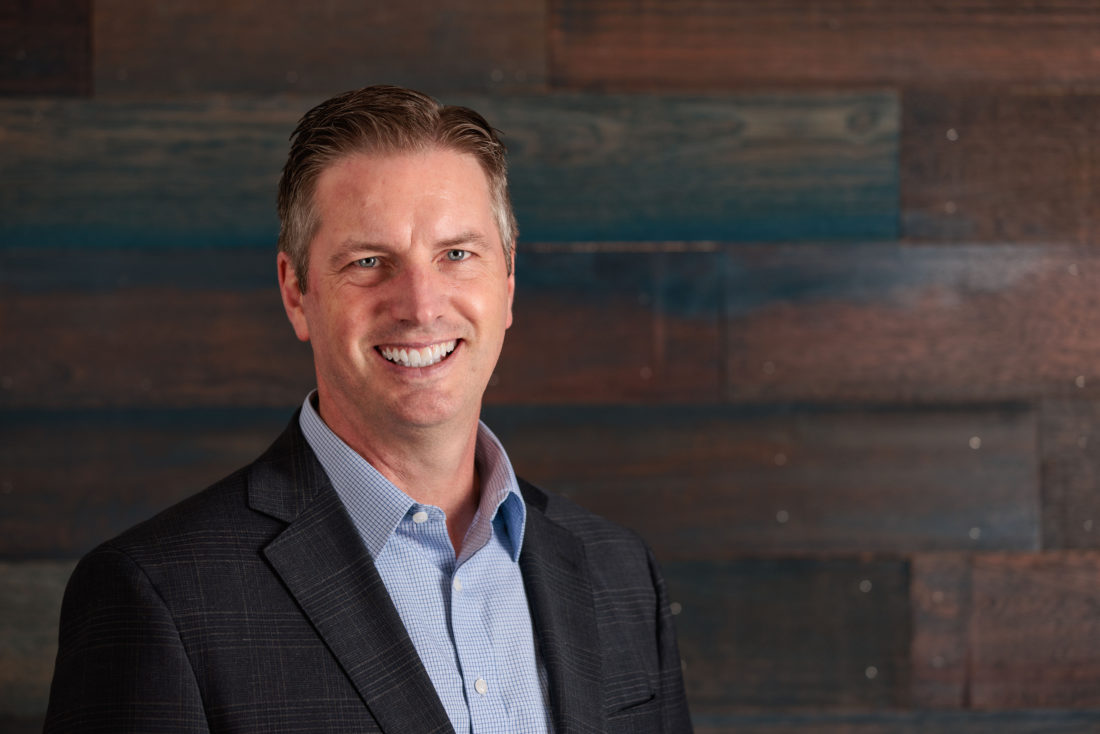BY PETER KRULL
An unfortunate reality of the nature of capitalism is that it seeps into and pervades every aspect of our lives. Yet, there are certain sectors that have no business being for-profit, and health care is a prime example. Across the country, for-profit health care has driven down the level of care patients receive. It’s difficult for any major corporation to prioritize both people and profit, and in the case of health care, profit almost always wins out.
And so, perhaps not surprisingly, there have been a lot of, shall we say, less-than-flattering headlines recently regarding HCA Healthcare’s Mission Hospital here in Asheville. “Conditions at Asheville’s Mission Hospital pose ‘immediate jeopardy to patients’ health and safety,’ state investigators report,” Asheville Watchdog noted in January. “N.C. Attorney General: HCA Healthcare Failed to Comply With Mission Purchase Contract,” said a recent headline in the Asheville Citizen Times.
It’s no secret that Western North Carolina residents are unhappy with the way HCA’s 2019 purchase of the formerly nonprofit Mission Health system has played out. At a Feb. 6 news conference in response to the “immediate jeopardy” findings, state Sen. Julie Mayfield, a former Asheville City Council member, said, “We now have confirmation of what our community has known for years, that HCA is failing to run Mission Hospital in a safe manner.”
And as part of his remarks at a community event in January sponsored by Asheville Watchdog, Dr. Clay Ballantine, co-founder of Blue Ridge Premier Medicine, gave a scathing summary of how deeply the for-profit health care giant has gutted the Mission Health system: “Since HCA’s arrival here, the breadth and the depth of the health care services available to the people, especially the disadvantaged, has declined across our region. We’re talking about unnecessary worry, suffering and even death for human beings.”
At the same time, we continue to allow HCA representatives to peddle misinformation. At a Leadership Asheville breakfast last year, for example, an HCA spokesperson gave a short speech touting the hospital’s virtues; the organization’s home page lists Mission Health as its “sustaining partner.” The community needs to come together and reject the blood money that is being used to sponsor such events.
Who casts the first stone?
Now, here’s a kick in the teeth for many HCA critics: You may well own at least a little bit of HCA stock yourself. The S&P 500 is one of the most widely recognized stock indexes available, and HCA is a component of the index. So if you own an S&P 500 mutual fund or exchange-traded fund in your brokerage account, 401(k) or other investment account, you are sharing in the profits of HCA’s unconscionable and self-serving management of Mission. And while HCA constitutes only a small component of the index, most people don’t realize that they own any amount of the stock.
Don’t be too hard on yourself: Many mutual fund and ETF investors have no idea what underlying stocks or other securities they own. In fact, investors in the S&P 500 also own companies such as ExxonMobil Corp., Wells Fargo and Philip Morris International. So while these funds may provide diversification, they can also include companies that are controversial and may not align with the investor’s values.
But perhaps the worst part of owning HCA stock in a mutual fund or ETF is that you can’t vote on shareholder resolutions. Recently, there has been a local movement to buy individual shares of HCA stock and submit a shareholder resolution to address the company’s profit-first business strategy at Mission.
The goal would be to shine a spotlight on the practices that have tarnished Mission’s previously solid reputation. And while it’s unlikely that such a resolution would pass, because most shares are owned by large institutions (think BlackRock, Vanguard, Fidelity), the process is still important from a public relations and institutional change perspective. Although shareholder resolutions are nonbinding, companies don’t like them and will often decide to negotiate rather than allow the matter to come to a vote.
Best case/better case
In this instance, the ideal outcome would be that the combined effects of pressure from the community, the state attorney general, the Centers for Medicare and Medicaid Services and shareholders pushes the health care giant to sell the system to a nonprofit entity that can begin to rebuild what HCA has torn down. A more realistic hope, though, is that this kind of pressure might persuade the hospital’s corporate owner to increase staffing levels, thereby improving care at least somewhat.
And in the meantime, what I know for sure is that I don’t own a fund that holds shares in HCA — and I feel pretty good about that.
Peter Krull is a partner and director of sustainable investments at Earth Equity Advisors, a Prime Capital Investment Advisors company based in Asheville. The views expressed in this commentary are Krull’s and are not representative of PCIA.



Locals who lament the lack of affordable housing and who complain about the negative impacts of tourism also likely own shares of Airbnb if they hold index funds. Unfortunately, both housing and healthcare have been over commodified with little regulation. Hard to get away from such realities in a tourist town in a capitalist society.
If Krull knows as little about other industries as he does health care, I’d avoid his advise like the plague. Anyone who doesn’t know that the top hospitals in America are generous parts for profit and not-profit, don’t listen to anything else that say on the topic.
I must vigorously disagree with indy499. Many great hospitals are not for profit, the Prisma system in SC being one. Profit should never come before patients or health care providers. It actually violates our Hippocratic oath as physicians. I believe HCA should get out of WNC. Advent seems like a sound alternative to me.
I would happily take some losses on my 401K if I could have a hospital that actually worked for patients.